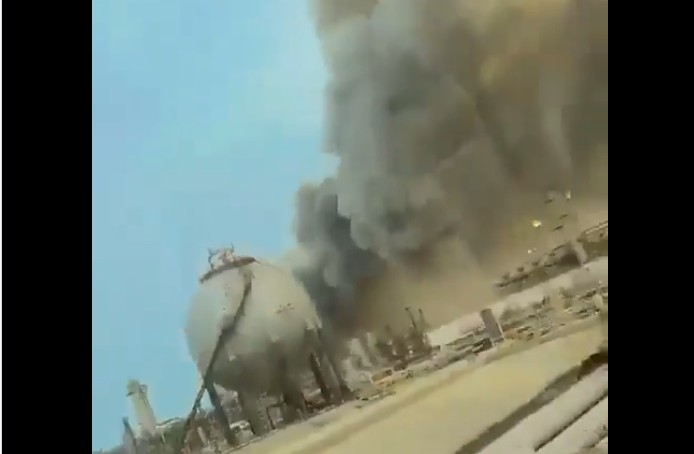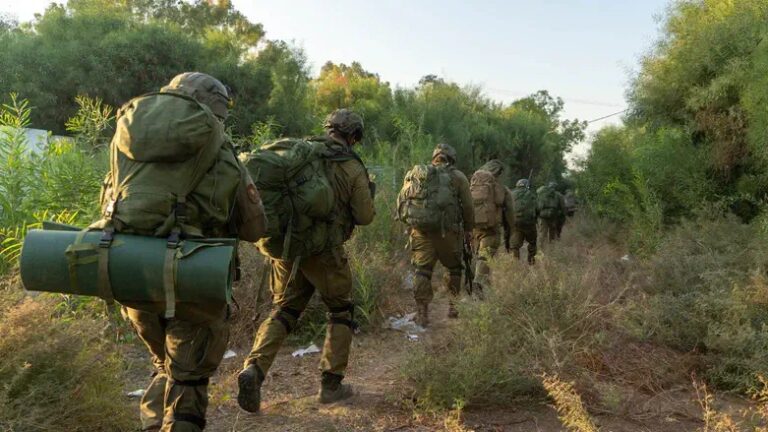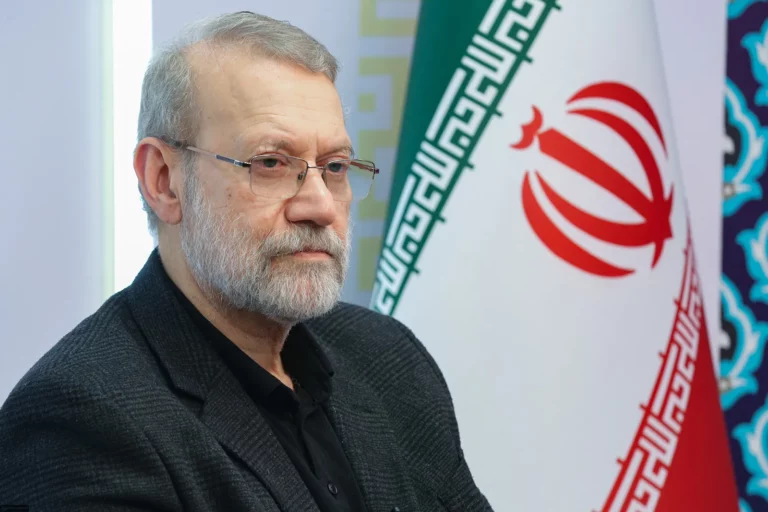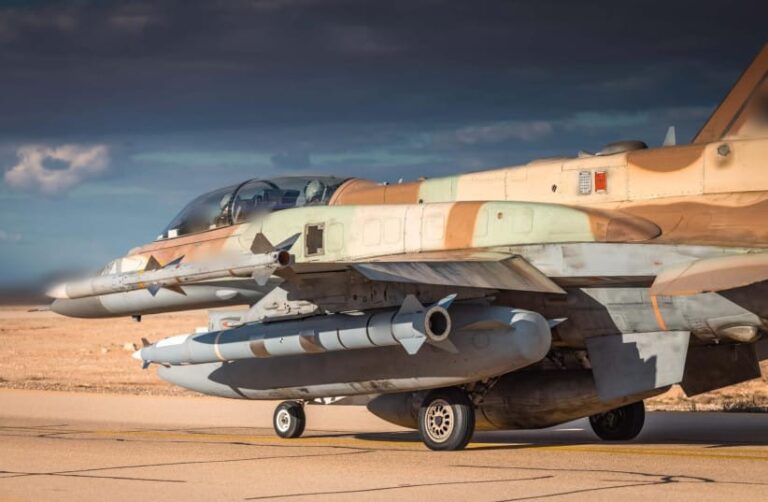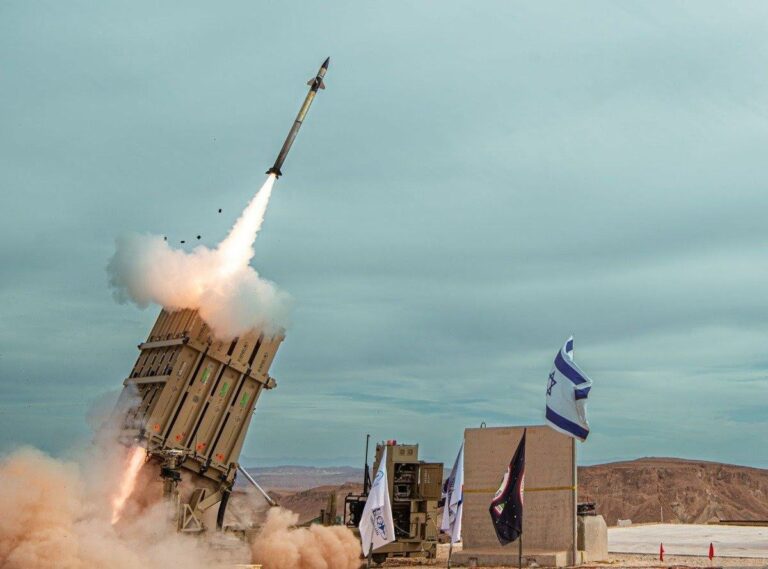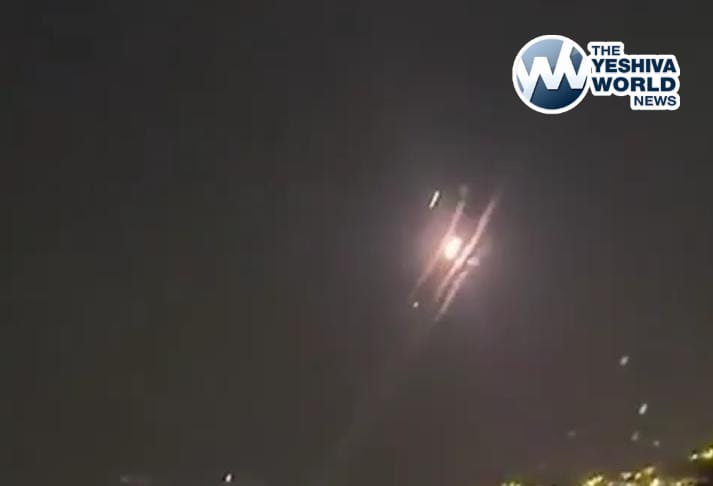 The Iranian president has acknowledged that Tehran and world powers agree on the principles of a final deal on Iran’s nuclear program but that differences remain on the “details” that still need to be negotiated.
The Iranian president has acknowledged that Tehran and world powers agree on the principles of a final deal on Iran’s nuclear program but that differences remain on the “details” that still need to be negotiated.
The remarks by President Hassan Rouhani came as the two sides face a Nov. 24 deadline in ongoing nuclear negotiations to reach a comprehensive deal that would prevent Iran from making an atomic weapon while at the same time easing economic sanctions on Tehran for curbs on its nuclear program.
Failure to conclude the deal could mean that the whole negotiating process, years in the making, falls apart.
For now, the nuclear talks reportedly remain stuck over the size and output of Iran uranium enrichment program, a possible pathway to nuclear arms. Iran denies it seeks to make nuclear weapons and insists its program is only for peaceful purposes, such as power generation.
Rouhani told Iranian lawmakers during a meeting on Tuesday night that Iran and the six-nation group — the five permanent members of the U.N. Security Council plus Germany — have come a long way in sorting out major issues but that they still differ over issues such as “quantity,” the Iranian state TV reported.
“We have reached understanding on part of the issues … and part of it (the deal) remains to be negotiated,” Rouani was quoted as saying.
According to Rouhani, there is no longer any dispute about allowing Iran to maintain its enrichment program, keep its heavy water reactor in the city of Arak going or operate its underground enrichment facility at Fordo.
“The only differences (that remain) are about details and quantity,” Rouhani said without elaborating.
U.S. Secretary of State John Kerry, European Union negotiator Catherine Ashton and Iranian Foreign Minister Mohammad Javad Zarif will gather in Vienna next week, diplomats say. Another negotiating round is expected shortly after to include Britain, China, France, Germany and Russia.
With the deadline looming, the U.S. has offered tentative proposals that would allow Tehran to keep nearly half of the centrifuges already spinning but reduce the stock of uranium gas fed into the machines to the point where it would take more than a year of enriching to create enough material for a nuclear warhead.
Iran insists it should keep spinning the approximately 10,000 centrifuges now operating.
Another stumbling block is on how long Iran’s nuclear program should be constrained, with Tehran hoping to see a limit of less than 10 years while the Americans demand a substantially longer limit.
Iran has invested billions in its nuclear infrastructure and says it won’t dismantle a program of energy production that it considers its inherent right. But there are concerns that too many concessions to Tehran would leave ran on the threshold of developing nuclear weapons.
For his part, Rouhani will also have to sell any deal his representatives reach to Iranian hard-liners at home and win the blessing of Supreme Leader Ayatollah Ali Khamenei. President Barack Obama must do likewise with Congress.
(AP)


